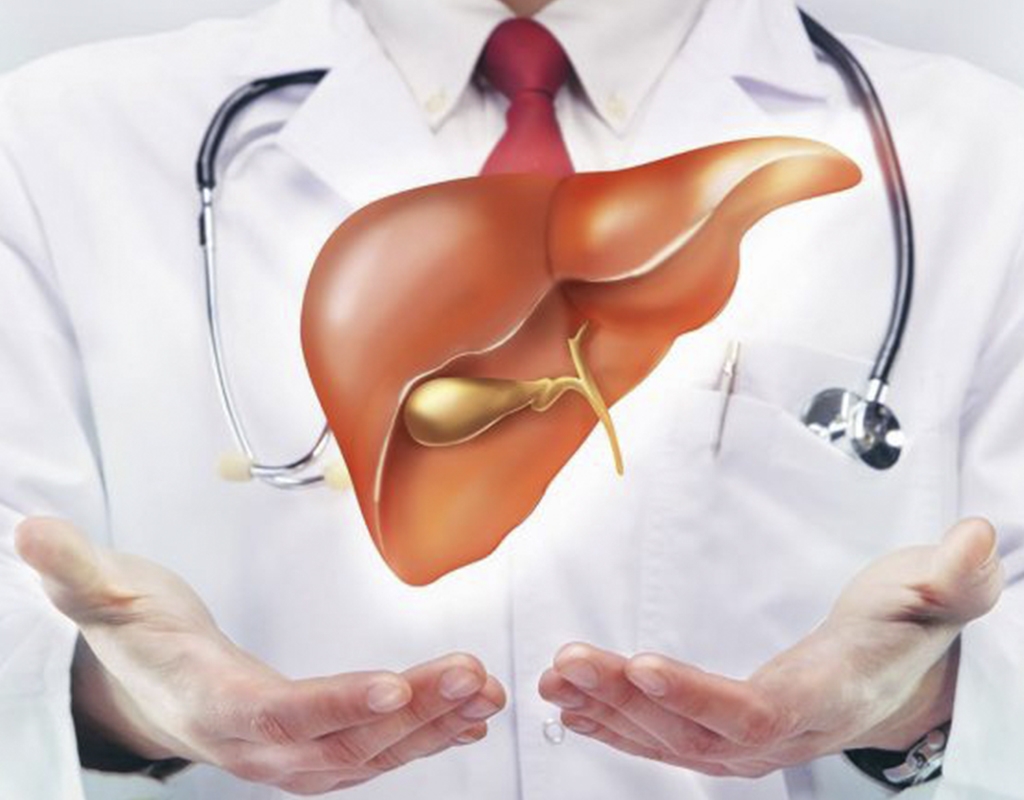We appreciate the assent of an individual to donate a part of his or her liver to save a life of a fellow human being. Best liver transplant in Mumbai say that liver is the only organ in the body that can regenerate itself and performs nearly 500 important functions.
Nevertheless, the life of a liver donor is equally important to that of the recipient. Liver donation surgery is a safe surgery but still it can have some complications just like any other surgical procedure. Liver donor needs to be aware of all these complications, they also need to know all the precautions after surgery and how their life will be after liver donation.
To begin with, there will a thorough medical assessment of the donor, generally the age group 18-55 year with a BMI<30 is considered as cut off for inclusion as prospective liver donor . A series of laboratory tests are performed –
- Blood tests
- Pap smear
- Urine test
- Chest X ray
- Ultrasound abdomen
- ECG
Upon satisfactory results of these tests, the donor will move on to the next round of diagnosis and evaluation. This round includes Four phase CT Liver donor protocol. This is the most important step in the evaluation of liver donors. CT determines liver quality along with anatomy of blood vessels. Special software is used to do Liver volumetry which determines the size of the whole liver along with the right and left lobe of liver.
After this MRCP( MRI of Liver) is done to look for bile ducts anatomy.
With all clear reports, the donor’ case will be taken up by a multidisciplinary medical team comprising of surgeons, psychologist, hepatologists, and allied medical staff to plan the transplant procedure.
The Surgery
The Living donor liver transplant surgery is usually planned surgery. The donor gets admitted one day prior to surgery. After surgery, Liver donor spends the next 2-3 day in Liver ICU where a close monitoring is done . Patient is shifted to ward afterwards and generally get discharged in 6-8 days. After discharge Liver donor has to come once to OPD after a week or 10 days for stitch removal. Generally Liver donor does not need to follow with doctors or take any medications 2 weeks after surgery.
Care after the liver donor surgery
The patient will feel slight pain and discomfort at the surgical site which is taken care of through pain medication. The medical team monitors the health of the liver donor with great attention especially for recovery and regeneration of the liver.
Once the donor resumes eating well and consuming adequate fluids along with normal physical activities, the donor receives a clearance certificate for discharge.
Precautions to be followed upon discharge
- Avoid driving
- Avoid lifting heavy objects, especially those above 20 pounds for at least two months
- Seek help in looking after other family members
- Visit the doctor for regular check-ups and laboratory tests
Remember – Liver regeneration takes nearly two months so it is essential to play safe and take extra care.
Risks Associated with Liver Donation
Even though live liver donation is considered a very safe operation, it involves major surgery and is associated with complications, which include:
- Anaesthesia related allergies
- Pain and discomfort
- Nausea
- Wound infection
- Bleeding
- Formation of blood clots
- Pneumonia
- Bile leakage, bile duct problems
- Hernia
- Scar tissue formation
- Liver failure leading to transplantation and higher risk of its failure.
Most of the complications after Liver donor surgery are minor complications ( incidence 5-10%), very few have major complications ( 2-3 %).
Generally after 3-4 weeks , liver donors can go back to their routine life without any fear but the satisfaction that they have helped in saving their near and dear ones life

